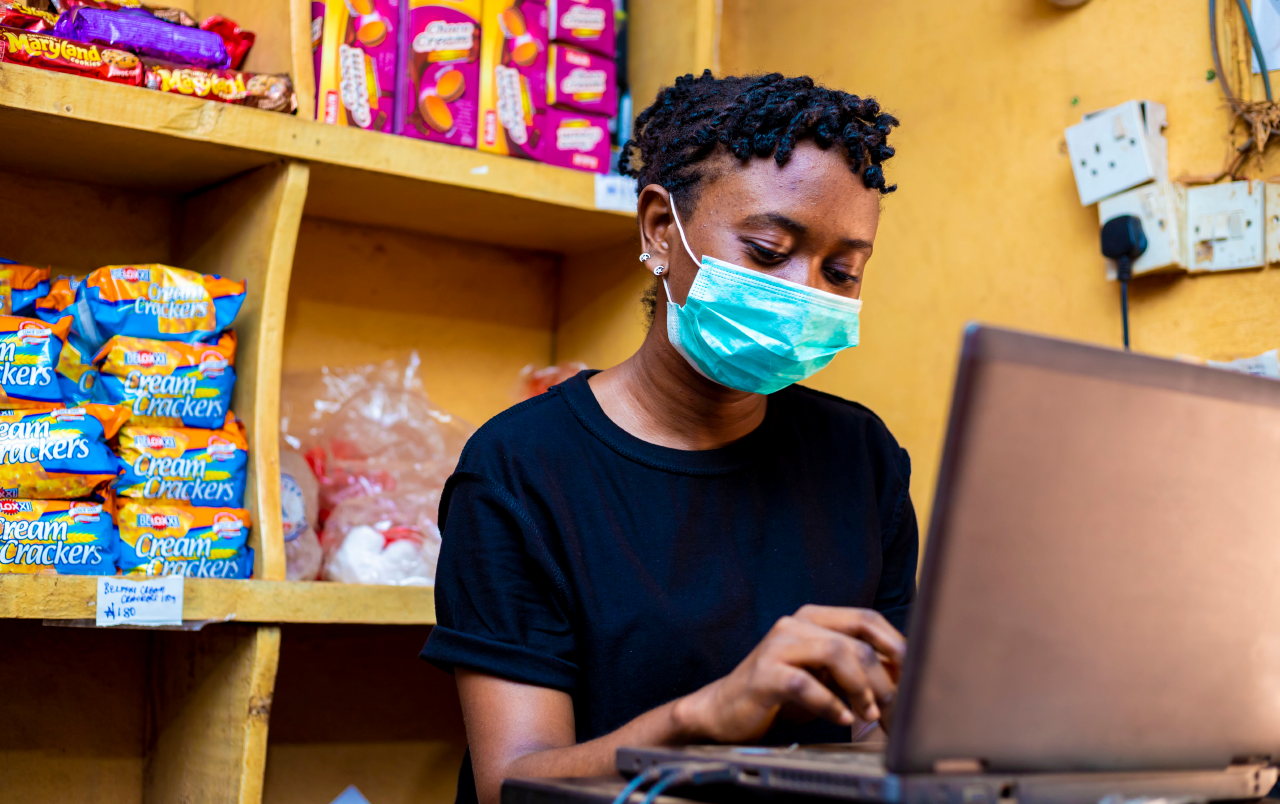As data from the last few months become available, the financial situation looks discouraging. At the same time, there is…
As I write this, it is month six (or is it month 100?) since our world changed due to COVID-19. Many countries remain in lockdown or curfew. Some had to lift it, not because the virus is gone, but to save their economy. Yet others are preparing for the second wave of the pandemic.
Like most organizations, also the Southern Voice network had to adapt during this time. Luckily our member think tanks across Africa, Asia and Latin America, were fast in generating timely analysis on how the new coronavirus was affecting their respective countries. Pretty soon we noticed a steady output of articles, policy briefs, webinars and podcasts by them. At the secretariat’s communications unit, we felt that it would be good to monitor and register the material that was being produced. We also decided to re-publish it, distribute and compile it in one place. The aim was that others, outside the network, could access it as well.
I am proud to say that what started as a relatively simple page on our website has now evolved into a full-fledged digital knowledge hub on COVID-19 in the Global South. Our member think-tanks have produced enough material to fill hundreds of pages, hence getting its own dedicated space with us.
In this hub, you will now have direct access to information on:
- How each region (Africa, Asia, Latin America and Global) is dealing with the virus in fields such as education, health, gender, data, food security and governance.
- How each UN Sustainable Development Goal is being affected by the pandemic in the countries our members work in.
- A compendium of the latest research on an easy-to-access site.
- A database of experts from across the Global South on all these topics. It can be used for conference organizers and media outlets.
Going through the material, you will soon notice that each country has unique problems. Still, the work of our members also shows that most states in the Global South have challenges in common. Comparing them and sharing solutions is pivotal. That is why Southern Voice members are working tirelessly to understand the effects of the pandemic, but also to promote hands-on solutions for the short and long-term.
For example, how we work and the types of jobs available around the globe will be different now. Even though this was already changing due to the digital era, COVID-19 has further accelerated the transformation. The “future of work” is now the present, as this analysis by Ramiro Abreu from CIPPEC-Argentina describes. Achieving “decent work and economic growth“, as proposed in Sustainable Development Goal 8, is now more critical than ever.
The network’s researchers, such as Natasha Palansuriya from CEPA-Sri Lanka, also looked at the digital divide in everyday life. The gulf between the “digital have and have nots” became even more evident this year. For the majority of people, working or learning from home, via virtual means, is not an option. This fact is widening the poverty gap further. It is having a direct impact on Sustainable Development Goal 1 (no poverty) and various other goals.
More than any other, it will be the next generation of humans who will be most affected by the aftershock of COVID-19. A field where this is felt profoundly all over the world is education. Researchers Thelma Obiakor and Adedeji Adeniran from CSEA-Nigeria exemplify this with their analysis on the broader implications of closing schools. Often these are not only centres for learning, but also meal providers and safe spaces for children. Achieving SDG 4 (quality education) is critical to fulfilling the principle of “Leave No One Behind” of the UN. Which is why it is all the more urgent that we come up with radical and visionary solutions for this area of life.
To contain the virus, some countries were quick to use the lockdown to restrict freedoms. That was the case of El Salvador. The research team of FUSADES evaluated the legal implications of these measures and lay them out in this article. Such developments weaken the trust in democratic institutions, affecting SDG 16 (peace, justice & strong institutions).
To me, spaces like this hub represent a glimmer of hope among all the bad news that we receive daily. This daunting time is long from over. Yet, our hub is a concrete example of how humanity can come together to tackle a problem that affects us all. The result will remain in time. We hope that it will also become a testament to the co-operative work of hundreds of researchers across the Global South and beyond. They have shown real leadership in their field and continue to do so.
The knowledge hub will keep on evolving, so make sure to visit it often. We invite you to explore this space and use the material for your work. Do not hesitate to contact the experts or us to generate alliances for new knowledge.


